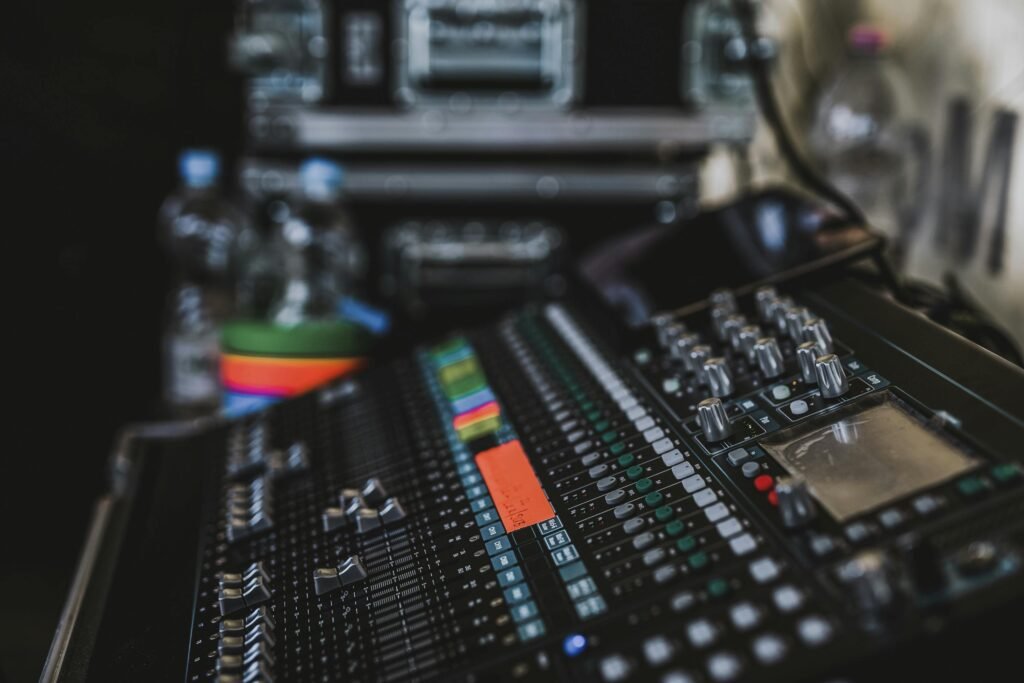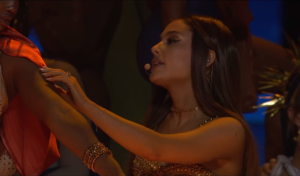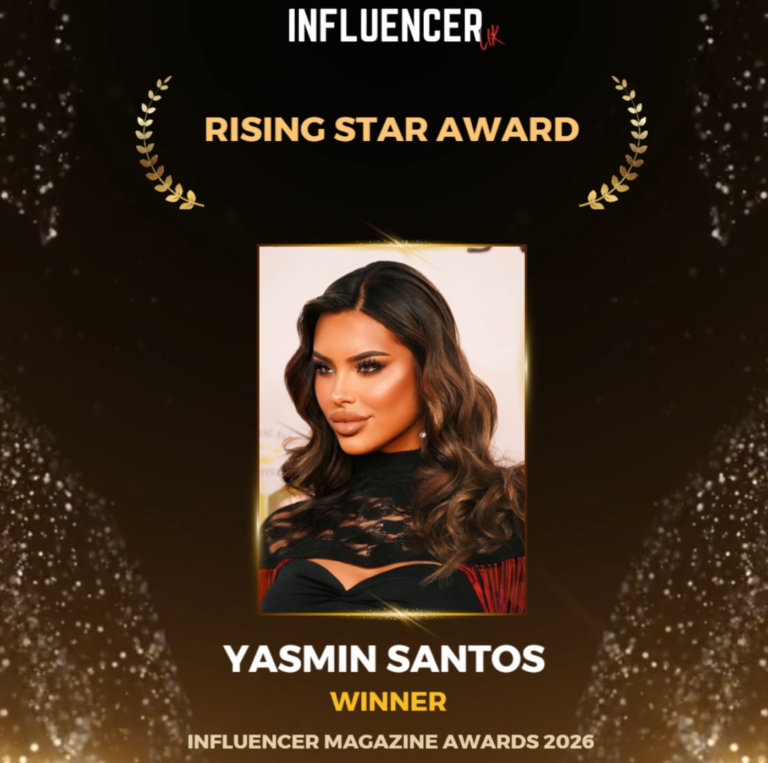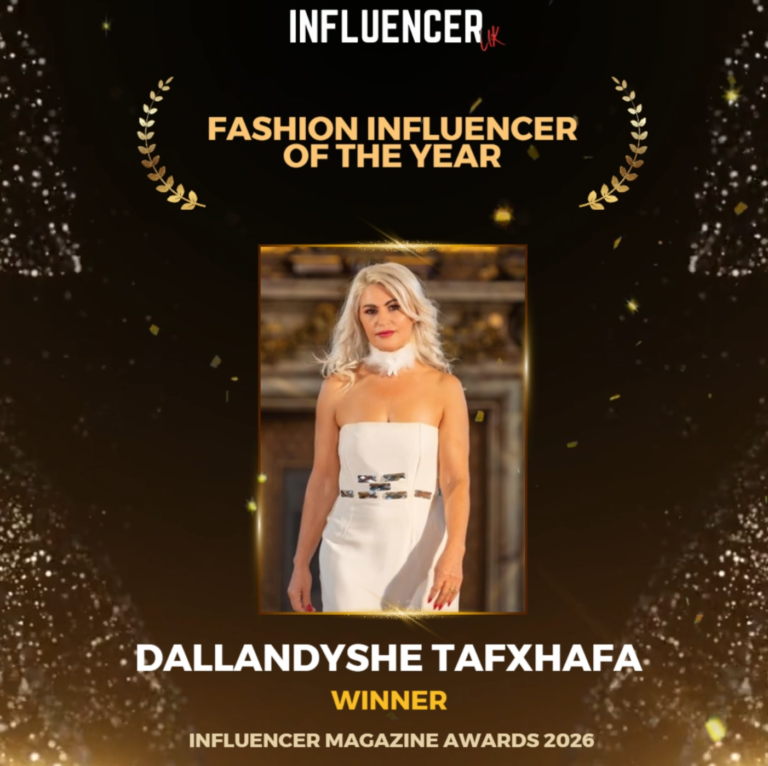
Artificial intelligence (AI) has revolutionized the music industry, offering exciting new tools for composition, production, and even vocal manipulation. However, this innovative technology raises concerns about potential copyright infringement. Here’s a breakdown of how AI is being used in music creation, and the copyright challenges that arise:
AI’s Musical Influence:
- Melody Generation: AI algorithms can analyze vast datasets of existing music to generate original melodies, chord progressions, and rhythmic patterns. These AI-created elements can then be used as a foundation for new compositions.
- Style Mimicry: AI can be trained to mimic the style of specific artists or genres. This allows for the creation of music that sounds similar to established artists, potentially blurring the lines between inspiration and imitation.
- Vocal Synthesis: AI can be used to create highly realistic synthetic voices that can sing lyrics or even mimic the vocal styles of existing singers. This raises questions about who owns the copyright to a song sung by an AI voice.
The Copyright Conundrum:
- Copyright in Ideas vs. Expression: Copyright protects the original expression of an idea, not the idea itself. AI-generated melodies or chord progressions, while novel, might fall under the category of ideas.
- Substantial Similarity: Copyright infringement occurs when a new work is too similar to a pre-existing copyrighted work. Determining substantial similarity in AI-generated music can be complex, especially when dealing with foundational musical elements.
- The Ownership Question: Who owns the copyright of music created by AI? Is it the programmer who developed the AI, the user who interacts with the AI to create the music, or the AI itself (if legal frameworks recognize AI ownership in the future)?
The Legal Landscape Evolves:
- Current Laws: Copyright laws haven’t fully caught up with the rapid advancements in AI music creation. This can lead to uncertainties and potential legal battles over ownership and infringement.
- Future Considerations: As AI music technology continues to develop, legal frameworks might need to adapt to address issues of ownership, fair use of copyrighted material in training AI models, and the potential for AI-generated music to be misrepresented as human-created works.
The integration of AI in music composition presents both exciting possibilities and significant copyright challenges. Finding a balance between fostering innovation and protecting the rights of creators will be crucial. This might involve collaboration between AI developers, musicians, legal experts, and policymakers to establish clear guidelines and ensure that AI music contributes to a richer and more vibrant musical landscape, all while respecting existing copyrights.








